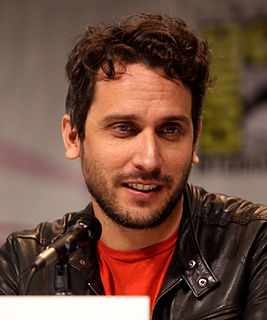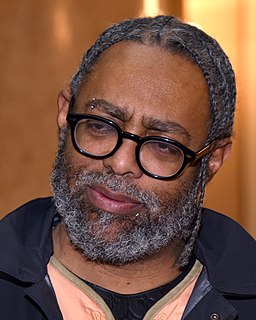A Quote by Thomas Langmann
It doesn't matter if it's black-and-white. If a movie has a story that is filled with emotion, you can have as much pleasure, and it's very good for cinema.
Related Quotes
I see racism as institutional: the rules are different for me because I'm black. It's not necessarily someone's specific attitude against me; it's just the fact that I, as a black man, have a much harder time making an art-house movie and getting it released than a white person does about their very white point of view. That's racism.
A good horror movie - it doesn't matter how many comedy horror films there have been before. Doesn't matter how much you think it's going to be funny. A good horror movie will scare the hell out of you... the moment you sit down and you start being exposed to that story, it's going to freeze your blood.
I think it worked two ways. One, a lot of people writing about the movie used that as shorthand and it could either be a good thing or they could use it to dismiss the movie like we were a copycat movie or something like that. It's very much its own story. It is a young woman in a post-apocalyptic society, but after that it's just a whole different kind of story and a different journey that she goes through.
Back when we was in school in Mississippi, we had Little Black Sambo. That's what you learned: Anytime something was not good, or anytime something was bad in some kinda way, it had to be called black. Like, you had Black Monday, Black Friday, black sheep... Of course, everything else, all the good stuff, is white. White Christmas and such.




































